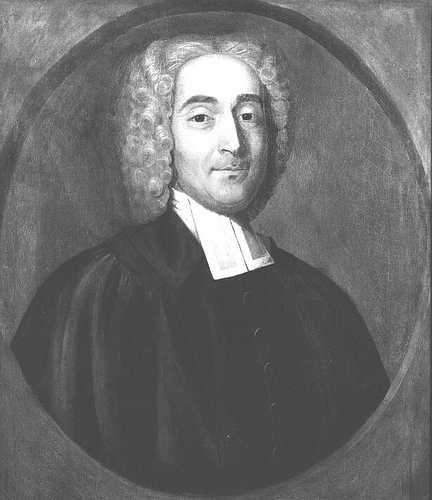
Elisha Williams on the unalienable right every person has to think and judge for themselves (1744)
Found in: Political Sermons of the American Founding Era. Vol. 1 (1730-1788)
The American Congregational minister Elisha Williams (1694–1755) argues that every person has an unalienable right to read, think, argue, and speak about religious matters without outside interference or control:
Freedom of Speech
The rights of conscience are sacred and equal in all, and strictly speaking unalienable. This right of judging every one for himself in matters of religion results from the nature of man, and is so inseperably connected therewith, that a man can no more part with it than he can with his power of thinking.